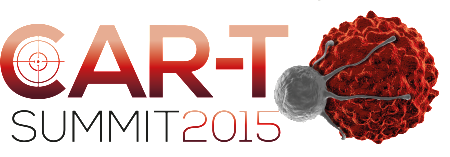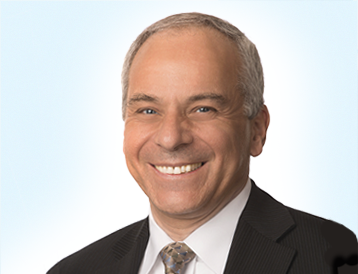The upcoming CAR-T Summit in Boston (November 12-13) is an opportunity for leaders from pharma, biotech and academia to get together to discuss “clinical strategy, scalable manufacture and global commercial viability, to accelerate clinical development and ensure scalable economic manufacture of CAR-T cell therapies.”

In advance of that meeting, I was interviewed for the CAR-T Summit e-newsletter, along with Francois Lebel of ZIOPHARM Oncology and Nabil Ahmed of Baylor College of Medicine, about the current challenges and exciting opportunities the industry is facing in CAR-T development. An excerpt of that interview is below.
Q: Tell us a little bit about how you got into the CAR-T space.
Lebel: I worked with gene therapy as far back as 18 years ago but not directly in the CAR-T space. More recently we became very interested by the work of Dr. Laurence Cooper, who is now our CEO and worked at Fred Hutchinson Cancer Research Center and then at City of Hope. We were intrigued by the idea that T cell could broadly target tumor-associated antigens independent of HLA.
Nabil: I loved protein chemistry and wanted to do antibody engineering. As I grew aware of the limitations of antibodies, I started working with T cells at the Center for Cell and Gene Therapy at Baylor College of Medicine in 2004. It is only conceivable that I reverted back to my first love, engineered antibody-like molecules on T cells: CARs.
Preti: Some of the first developers of CAR-T technologies began to come to PCT for process development and clinical trial manufacturing support and our clients now include a number of the key players in the industry. We leverage our deep knowledge of T cell therapy manufacturing with cutting edge innovation in bioprocess engineering to bring unique solutions that accelerate the clinical development of our clients’ CAR-T programs.
Q: What one development or breakthrough will change the face of CAR-T therapies?
Preti: Novel potency assays, such as T-cell homing to specific tissues and context-dependent activation, for greater confidence in ascertaining final product efficacy in vivo.
Q: What is the biggest hurdle to CAR-T success?
Preti: Moving from clinical stage manufacturing processes to manufacturing processes that are truly deliverable. Planning for this kind of deliverability is not yet a habit among the industry so we find that a concerted effort must be made, before processes are locked in (generally in Phase 3) to apply the principles of Development by Design.
Q: What is the current manufacturing and scale up challenge that might prevent CAR-T therapies from becoming a reality?
Preti: At clinical scale, CAR-T therapies are generally being manufactured in clean rooms. But, if developers lock themselves into manual clean room manufacture for their commercial process, the potential to achieve economies of scale are mostly lost.
Q: How do we drive down the cost of goods to ensure the commercial viability of CAR-T products?
Preti: If cell therapy manufacturers adopt automated systems and the closed model of manufacturing, then their work could be performed outside cleanrooms. Only when manufacturing facilities complete their transformation can CAR-T products achieve scalable and sustainable commercial viability.
To request a PDF of the complete interview, click here.
For more information about PCT’s CAR-T cell expertise, or to set up a meeting with us at the CAR-T Summit, click the button below.

